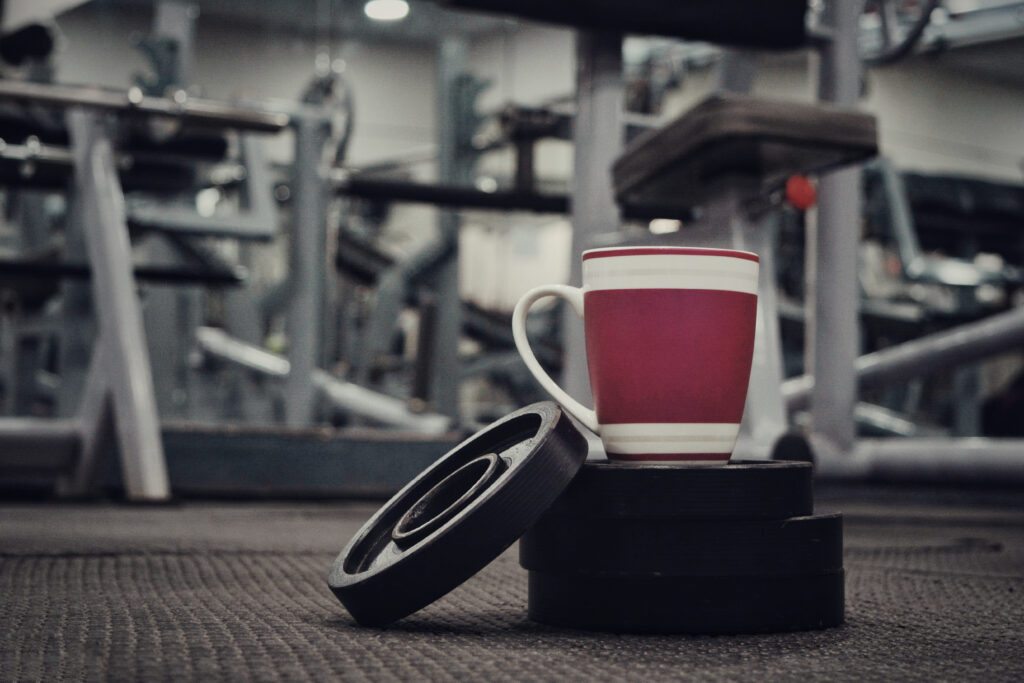
Caffeine is one of the most widely consumed substances in the world, part of daily rituals in countless cultures. Whether through a steaming cup of coffee, caffeine pills, a refreshing can of soda, or a performance-enhancing energy drink, caffeine has become a staple for people from all walks of life. Its effects transcend the boundaries of age, profession, and lifestyle, adapting to the unique needs of each individual. But why has caffeine become such a universal part of our routines, and how does it impact the various lifestyles it supports? Let’s explore the role of caffeine across diverse groups and uncover its benefits, challenges, and nuances.
For the modern professional, caffeine is a tool as essential as a laptop or smartphone. Employees, entrepreneurs, and students rely on its ability to boost alertness and improve focus, particularly during high-pressure periods. Caffeine stimulates the central nervous system, blocking adenosine, a chemical responsible for signaling fatigue, and allowing individuals to stay sharper for longer.
One of the primary reasons caffeine remains popular in professional settings is its accessibility. A quick cup of coffee during a break or a mid-afternoon energy drink can provide the burst needed to power through long meetings, demanding deadlines, or late-night study sessions. Studies have shown that moderate caffeine consumption can enhance cognitive function, improve memory recall, and even elevate mood—all of which contribute to increased productivity.
However, it’s crucial to approach caffeine use responsibly. Overconsumption can lead to jitters, disrupted sleep patterns, or even dependency. To get the most out of caffeine without the downsides, professionals should monitor their intake and focus on moderation. For instance, consuming caffeine earlier in the day prevents interference with sleep cycles, ensuring optimal performance the following day.
Athletes and fitness enthusiasts have embraced caffeine not just as a morning wake-up aid but as a performance enhancer. Pre-workout formulas, often packed with caffeine, are a go-to for gym-goers looking to boost energy and stamina. Caffeine increases adrenaline levels, allowing individuals to push through intense workouts and build greater endurance. Additionally, it encourages the body to use stored fat as a fuel source, which can support weight-loss goals while preserving muscle.
For endurance athletes specifically—such as runners, swimmers, and cyclists—caffeine is a game-changer. Studies reveal that caffeine consumption before exercise can delay the onset of fatigue, improve physical reaction times, and heighten mental alertness during long performances. This is why many elite athletes incorporate caffeine into their training regimens.
Despite these benefits, athletes must be mindful of the timing and dosage of their caffeine consumption. Overusing it can lead to dehydration, elevated heart rates, or decreased effectiveness over time as tolerance builds. By personalizing caffeine intake based on fitness intensity and individual tolerance levels, athletes can safely harness its benefits without risking negative side effects.
Artists, writers, and other creatives often turn to caffeine to fuel their inspiration during unconventional hours. The stimulating effects of caffeine can help unlock concentration and provide the mental clarity needed to work on complex projects or explore innovative ideas. Many creative individuals thrive during nighttime hours, and caffeine serves as a loyal ally in keeping them energized and engaged.
Writing, designing, and brainstorming require both focus and mental agility, and caffeine can play a key role in enhancing these elements. A late-night coffee shop session, powered by a strong espresso, has likely resulted in some of the world’s best literary works, architectural blueprints, or scientific breakthroughs. The emotional boost provided by caffeine, combined with its cognitive benefits, creates the perfect storm for meaningful creative output.
Nonetheless, the relationship between caffeine and creativity isn’t without its challenges. Some may experience anxiety or overstimulation from caffeine consumption, which can hinder rather than help progress. For creatives, the answer lies in finding a balance consuming just enough caffeine to sharpen the mind without compromising emotional stability or health.
Caffeine also holds a special place in many social lifestyles, serving as a cultural and social glue. A cup of coffee or tea often forms the centerpiece of conversations, gatherings, and connections. From coffee shop meetings to tea ceremonies, caffeine fosters a sense of community and shared experience that transcends borders and lifestyles.
Social caffeine interactions are not a new phenomenon. Historically, coffee houses were venues for intellectual exchanges and social engagement. Today, that tradition continues, connecting friends, colleagues, and even strangers through a shared appreciation for beverages like cappuccinos, matcha lattes, and cold brews.
For those who value caffeine primarily for its social element, it’s important to remember that the experience often matters as much as the beverage itself. Pausing to savor the taste, aroma, and environment of a coffee break can create moments of mindfulness and relaxation, enhancing overall well-being.
While caffeine offers undeniable benefits across different lifestyles, it must be approached with care to avoid potential drawbacks. Individuals with sensitivities to caffeine may experience sleep disruption, anxiety, or elevated blood pressure. These risks underscore the importance of understanding personal limits.
It’s also essential to recognize the cumulative nature of caffeine consumption. Small doses add up, and the hidden caffeine content in certain sodas, chocolate, and medications can catch people off guard. Tracking daily intake and opting for high-quality sources of caffeine ensures a healthier relationship with this beloved substance.
Caffeine’s adaptability makes it one of the most versatile substances consumed worldwide. Whether you’re fueling a morning workout, powering through a deadline, or enjoying a coffee date with friends, caffeine caters to a variety of lifestyles. When used intentionally and mindfully, it can enhance energy, focus, and even social connections. However, understanding your body and its relationship with caffeine is vital to prevent overuse and ensure long-term benefits.
From busy professionals to athletes, creatives to social butterflies, caffeine continues to be a trusted companion, offering tailored benefits for different life paths. It’s clear that the “buzz” around caffeine is more than just hype, it’s a testament to its enduring place in our daily lives.


